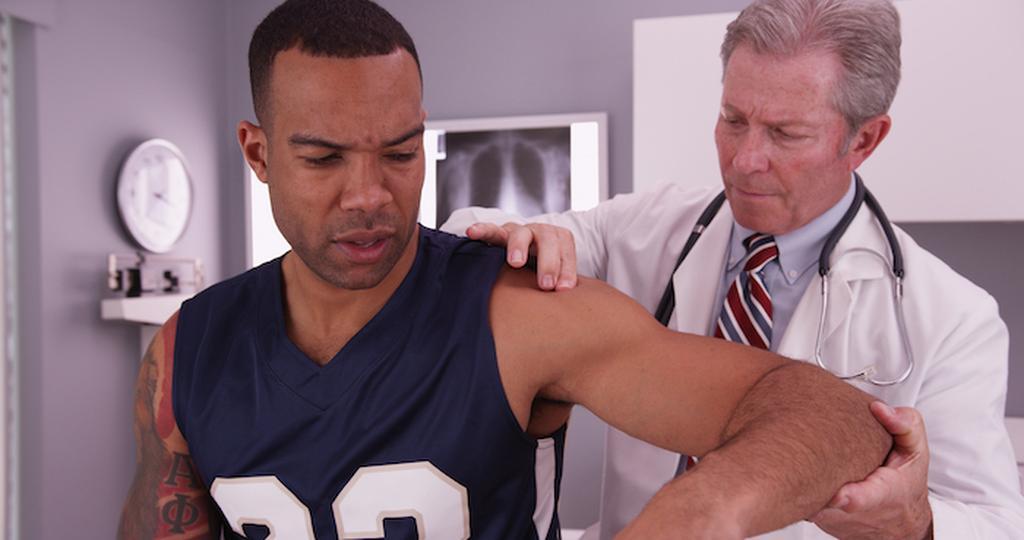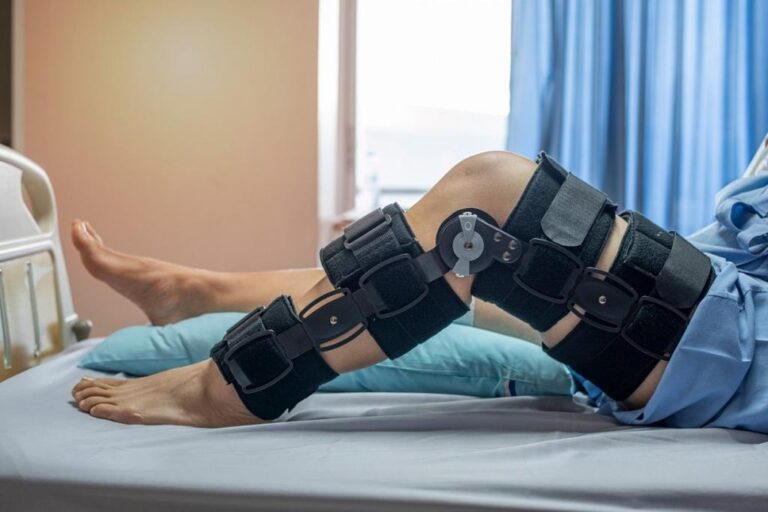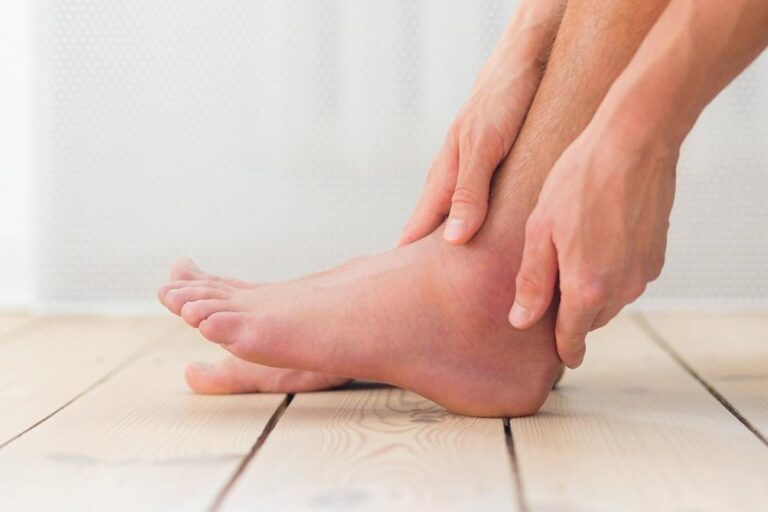Each year, about 2 million Americans visit a doctor for rotator cuff problems that cause symptoms like shoulder pain, stiffness, and a decreased range of motion. Rotator cuffs are complex structures that play a major role in shoulder movement and stability, so if you have a rotator cuff problem, it’s really important to get appropriate treatment right away.
At Texas Orthopaedic Associates, our team uses advanced techniques to evaluate rotator cuff problems, paving the way for effective treatment plans that relieve shoulder pain and restore normal shoulder function. If you have a rotator cuff problem, here’s how our team can help.
Rotator cuff basics
The rotator cuff is a collection of tendons and muscles that surround the shoulder joint and help you lift and rotate your shoulder. They also provide a kind of “collar” for your shoulder joint, keeping the joint in place and providing added stability.
Sometimes, the rotator cuff can be torn — either partially or all the way through (called a complete tear). Tears can be caused by injuries, like falling on your outstretched arm, but often they happen as a result of years of wear and tear inside the shoulder joint. Repetitive lifting, throwing, or using your arm over your head increase your risk of developing a torn rotator cuff.
Rotator cuff tears tend to cause pain:
- In the front of your arm
- When reaching overhead
- When trying to lift an object
- When sleeping on the affected shoulder
In early stages when symptoms are mild, it can be tempting to ignore them. But delaying care can result in more serious shoulder issues, so seeing a doctor right away is important for preventing long-term disability.
Treating rotator cuff injuries
Our team offers an array of treatment options to help patients relieve symptoms and restore the health of their shoulder joints.
#1: Activity modifications
For some mild rotator cuff injuries, taking a break from activities or modifying your activities can jumpstart the natural healing processes needed to relieve pain and restore normal function. For instance, changing the way you use your computer or how you sit at your desk at work can provide significant relief for shoulder strain that could be compromising your rotator cuff.
#2: Using an arm sling
It may sound odd, but when your arm “hangs” by your side, it places pressure on the shoulder joint, particularly on the soft and connective tissues that comprise the rotator cuff. An arm sling provides your arm with support while taking the pressure off your rotator cuff to relieve pain and promote healing in the joint.
#3: Physical therapy
Physical therapy uses exercises and gentle stretching designed specifically to promote healing, reduce inflammation, and restore strength and function to the shoulder joint. Depending on your medical needs and your lifestyle, physical therapy programs can be customized to help you perform specific functions required by your job or hobbies.
#4: Oral medications
Nonsteroidal anti-inflammatory medications may be prescribed to reduce inflammation inside the shoulder joint. While some inflammation is a natural part of the healing process, too much inflammation can interfere with healing.
#5: Corticosteroid injections
Corticosteroids possess strong anti-inflammatory properties to help reduce damaging inflammation. Injections ensure the medication is delivered directly to the joint tissues so they can be absorbed where they’re most needed.
#6: Surgical repair
If your rotator cuff problem doesn’t respond to conservative treatments, you might need surgery to repair it. Surgery may also be recommended for athletes and for those who use their arms for overhead work. Most surgeries are performed arthroscopically using small incisions.
Get rid of shoulder pain
Like other shoulder problems, rotator cuff injuries respond best when they’re treated early. If you have shoulder pain, stiffness, or other symptoms, call us or book an appointment online today. With offices in Dallas, Plano, Keller, Weatherford, and Fort Worth, Texas, we make it easy for you to get the care you need to stay healthy.













